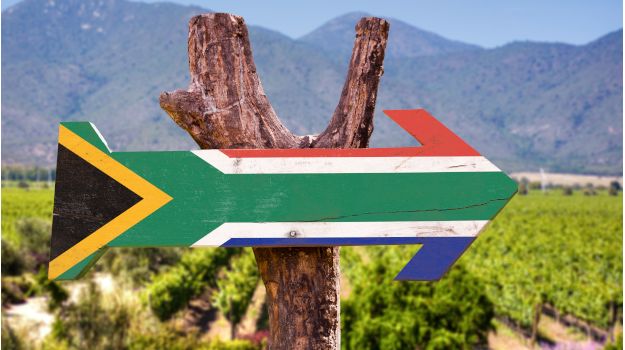
- The coronavirus pandemic and related lockdowns have been particularly devastating on SA's tourism industry.
- Government has announced a Tourism Equity Fund, which does not relate to Covid-19 relief, but focuses on transformation in the industry.
- Solidarity and AfriForum are challenging the focus of the fund, claiming the industry as a whole needs help urgently.
Judgment was reserved in the North Gauteng High Court on Friday in an urgent court application brought by Solidarity and AfriForum in relation to requirements to benefit from government’s Tourism Equity Fund (TEF).
The R1.2 billion TEF was announced earlier this year. It involves R606 million to be contributed by the Small Enterprise Finance Agency (SEFA) and R594 million by an unnamed "strategic bank co-funders". The aim of the fund is to enhance transformation in the tourism industry.
The applicants want the court to provide urgent relief to prevent the Department of Tourism, Tourism Minister Mmamoloko Kubayi-Ngubane and SEFA from disbursing TEF monies to applicants pending a review of the fund.
Solidarity and AfriForum are challenging the exercise of public power on the basis of noncompliance with the Constitution and other relevant laws. They claim they had no other choice but to turn to the court after talks with the minister were unsuccessful in convincing her to open the fund for all tourism businesses.
Anton van der Bijl, head of legal services at Solidarity, claims it is irresponsible in the light of the dire need in the tourism industry, which has been devastated by the impact of the coronavirus pandemic and related lockdowns, for the department and minister to drive transformation "and other racial ideologies".
In his view, entrepreneurs and employees in the tourism now especially need government support.
A large number of applications have been received for the TEF and the applicants claim urgency because they believe payments in terms thereof could start soon. They allege that their challenge of TEF is not based "in any principled objection to transformation of the tourism sector or legitimate efforts to achieve it".
However, they contend that the advancement of black economic empowerment must be done in accordance with the legislative framework. In their view, the TEF operates outside the legislative framework, particularly insofar as it excludes businesses that are not 51% black-owned from applying for funding.
They say this is inconsistent with the requirements of the Tourism Code and in the absence of appropriate - or at least timeous - permission to deviate therefrom.
Large disparities
The department and minister, on the other hand, argued that the Tourism Code acknowledges that the industry "remains characterised by large disparities in access to equal opportunities and benefits, and in particular for black people".
They argued that the code also recognises the "need for transformation" so that the industry can become "truly representative and reflective of our society".
"The government has put in place several measures to promote transformation in the industry. The Tourism Code is one of them, enacted as a sector code under the Broad-based Black Economic Empowerment Act," the department and minister argued.
"But facts on the ground show that the government needs to do more to incubate black ownership in the industry and to unlock 'access to finance for development.'"
To this end, the Department of Tourism set up the TEF to "speed up transformation in one of the most crucial sectors of our economy".
The department and minister further explained that the fund is a tailored policy intervention to achieve a discrete goal, namely, to facilitate access to development finance for black-owned businesses. They argue that the industry needs this "because the capital-intensive nature of the industry prevents many black-owned tourism enterprises from growing and developing".
The department and minister make it clear that the TEF is not a handout, and it has nothing to do with Covid-19 relief. Rather, it provides grant- and debt-funding for particular projects that go through a rigorous evaluation process.
"It is rational for the government to use targeted interventions like the TEF to achieve those important goals. For these reasons, the government’s policy decisions to create the TEF for black-owned businesses is a rational way," argued the department and minister.
"The tourism sector has made some strides in achieving the transformation goals that underpin the Constitution, the B-BBEE Act, the Tourism Act, and the Tourism Code. Laudable as those strides may be, there is one particular area where the sector has tripped: black ownership."
They, therefore, asked the court to dismiss Solidarity and AfriForum’s application.
